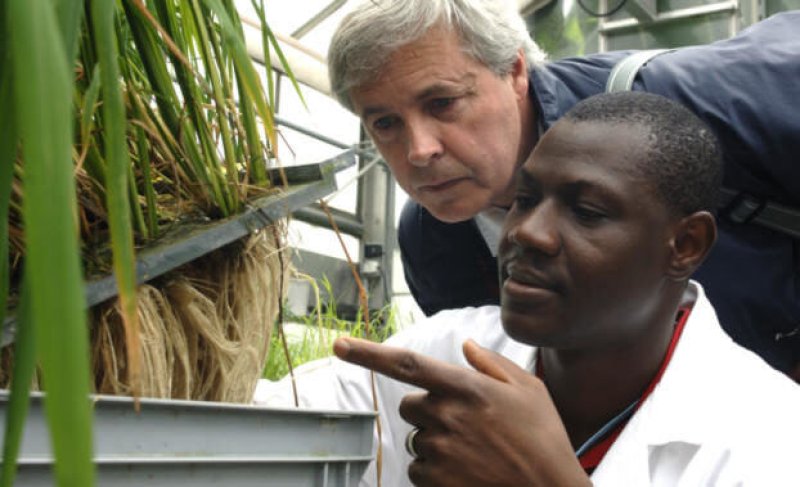Developments in genetic coding techniques open the doorway to crops that produce higher yields or have positive characteristics, such as drought or pest resistance. The EU regulates the cultivation and use of genetically modified organisms (GMOs) in food but debate rages over whether new biotechnologies such as CRISPR-Cas gene editing should be treated differently.
…
The European Union has a low adoption rate for modified foods….
While research has not currently indicated any heightened risk from GMOs, restrictions reflect the strong anti-GM public opinion among European consumers.
Many in the scientific community are frustrated by Europe’s resistance to GMOs, arguing that they could be an important tool in boosting food security and improving sustainability.
…
[Louise Frisco, president of research at Wageningen University] stressed that a different approach is required with the development of new gene-editing technologies, such as CRISPR-Cas, have come to be referred to as new plant breeding techniques (NPBTs).…
The Dutch government has suggested that it wants to begin authorising NBTs outside the GMO framework.
The GLP aggregated and excerpted this article to reflect the diversity of news, opinion and analysis. Read full, original post: Should ‘precision breeding’ biotech be included in GMO regulation?































